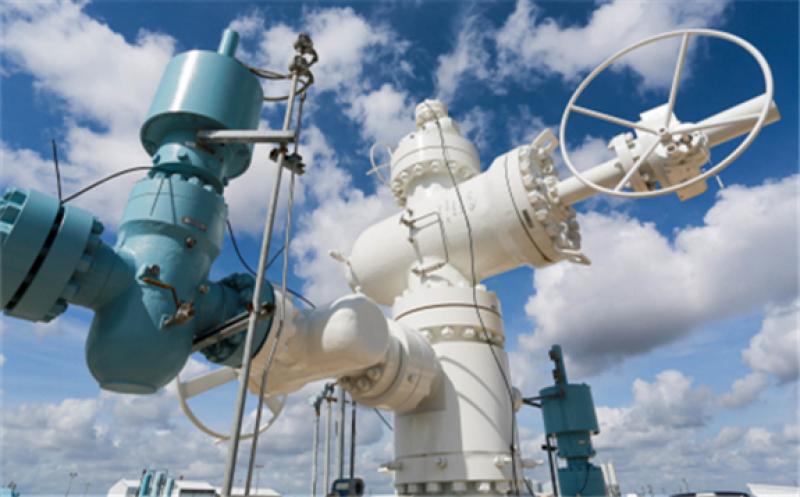Mitsubishi Power Americas and Texas Brine Company are collaborating to develop large-scale long-duration hydrogen storage solutions to support decarbonization efforts across the eastern United States. Long-duration hydrogen storage is a key enabling technology for the transition to a net zero carbon energy future.

This collaboration expands Mitsubishi Power’s capability to store hydrogen safely and cost effectively in salt caverns in strategic locations across North America. The nation’s largest brine producer, Texas Brine, and its affiliates have salt positions in New York, Virginia, Texas and Louisiana that will enable access to major load centers in the Northeast, Mid-Atlantic and the Gulf Coast.
Salt deposits are unique geological features into which caverns can be solution mined to provide safe, reliable and economical bulk gas storage. Hydrogen has been stored in salt caverns for decades in the US Gulf Coast. Expanding the use of salt caverns for hydrogen energy storage in other regions offers a significant opportunity to create an infrastructure for clean energy resources throughout the US to benefit industries such as power, transportation and manufacturing that are targeting net zero carbon emissions.
The collaboration with Texas Brine enhances Mitsubishi Power’s developing hydrogen infrastructure:
In 2019, Mitsubishi Power announced a joint venture with Magnum Development to develop the world’s largest renewable energy storage project, the Advanced Clean Energy Storage Project, to enable decarbonization efforts across the western US. This site is atop a massive salt dome in Delta, Utah, and adjacent to the Intermountain Power Project, which has transmission interconnections to major western demand centers.
In September 2020, Mitsubishi Power announced a joint development agreement with Entergy to collaborate on bringing decarbonization projects to Entergy’s utility businesses in four states.
Also in September, Mitsubishi Power announced that it had secured technical selections for three projects using its hydrogen-ready M501JAC gas turbines at the Danskammer Project being developed by Agate Power in Newburg, NY, the Chickahominy Power Project being developed by Balico in Virginia, and the Harrison Power Project being developed by EmberClear.
The Texas Brine collaboration complements Mitsubishi Power’s growing portfolio of hydrogen-ready gas turbines by positioning large-scale hydrogen storage in close proximity to projects, enabling access to economical utility-scale renewable energy storage.
Mitsubishi Power’s collaboration with Texas Brine provides other symbiotic benefits. Brine, a mixture of salt and water, is produced during the solution mining of salt formations. It can then be used as a critical feedstock for the chemical industry, or it can be dehydrated to produce salt for food, deicing, agricultural, industrial, and water softening markets.
The coproduct of the solution mining process is an underground repository that can be used to store liquid or gaseous commodities, such as hydrogen. Conversely, when a salt cavern is designed and engineered specifically for the storage of hydrogen, it employs the same solution mining process, which ultimately creates a brine coproduct that can be used as a feedstock.
The alliance will initially focus on existing sites controlled by Texas Brine and its affiliates. Both companies will evaluate the opportunity for hydrogen storage in existing and new caverns, along with detailed engineering and design studies to support hydrogen storage needs. The companies will also explore greenfield applications that can benefit from hydrogen storage as well as brine and dry salt production.
Founded in 1946, Texas Brine helped pioneer the commercial production of brine through solution mining in Texas salt domes and co-founded the Solution Mining Research Institute to promote understanding and expertise in this evolving field. The company currently supplies more than 35% of the brine requirements of the Chlor-alkali industry—creating millions of barrels of storage capacity per year.